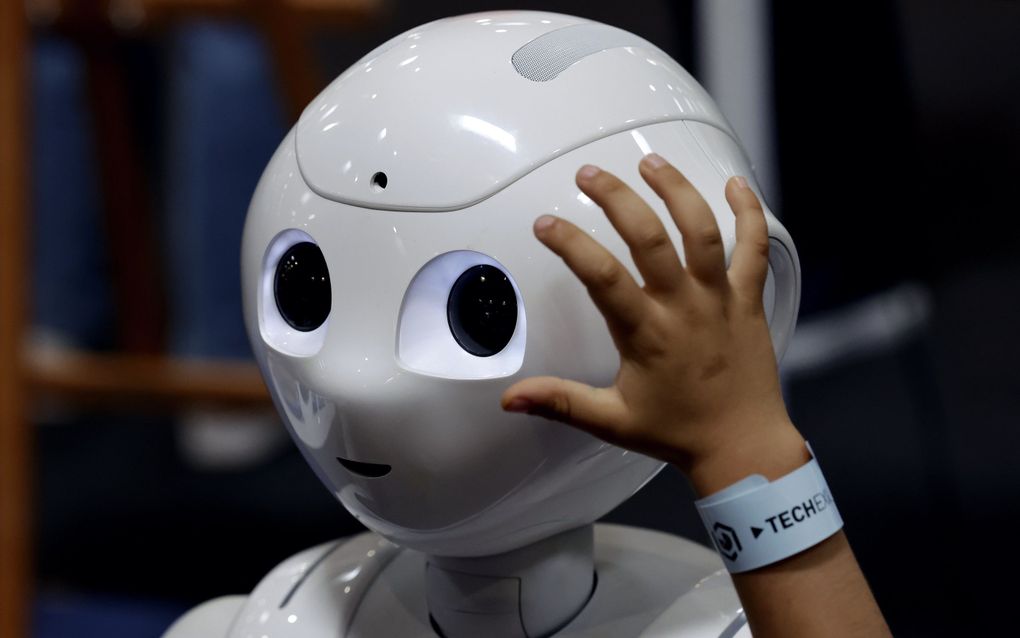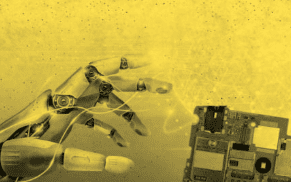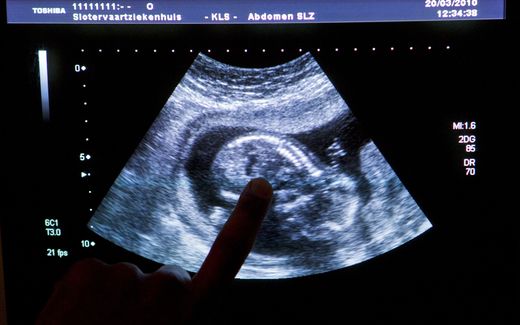Christians and technology, can they go together?
13-08-2025
Christian Life
Egbert Schuurman

A robot at an exposition. Photo EPA, Robert Ghement
Christian Life
Many Christians view science and technology with suspicion, philosopher Egbert Schuurman notices. In his essay, Man without God, however, he argues that these are not the origin of the problems in the world. Instead, we are.
This is part one in a series on Christians and technology.
Science and technology are often blamed for the mess we are in, but I assert that this is a devastating misunderstanding. The origin of the problem is man.
Man has come to see himself as the Alpha and Omega. Beyond the here and now, modern man reasons, there is nothing. The meaning of history and of life is confined to observable reality. Since access to a living God has been closed, mankind has put hope in what science and technology can make of the future.
Western man tries to create a utopia which reflects his own beliefs.
The spirit of Western man has been touched by the vision of perfection and fulfillment. After all, he has learned of Paradise. But when he rejects God’s love and His revelation, Western man no longer uses his God-given freedom in his capacity as God’s steward but instead usurps it as he tries to create a utopia which reflects his own beliefs.
When man divorces his power, freedom and calling from obedience to Jesus Christ, he does nor relapse into paganism but instead becomes post-Christian man. With no religious trust in God, he bases his new secular religion on science and technology, two areas whose development, ironically, was made possible because of the Christian faith.
Lawlessness and Meaninglessness
When man rejects revelation and history and exploits modern technology and its potential to unprecedented proportions, technology assumes sinister and demonic traits. When he is in control of the earth and all its treasures, modern secular man becomes tyrannical, exhausting both himself and his environment.
Moreover, as secularization intensifies and Christian resistance to the process decreases or disappears, modern secular man will become lawless and nihilistic – a figure aptly described as the man of the end of time.
Instead of cherishing an optimistic view of the future, people have become profoundly pessimistic.
Nowadays, the idea of unlimited progress is obviously in conflict with the limited potential within creation. Thus, material progress and its values have become matters of discussion.
Secular man’s hope for an earthly paradise seems to be arbitrary. Instead of cherishing an optimistic view of the future, people have become profoundly pessimistic. But the “answers” provided by these pessimists are also far from uniform. The house of secular humanity is badly divided against itself.
An arbitrary, technocratic dictatorship stands diametrically opposed to a revolutionary idea of freedom which believes that every technocratic success must necessarily be destroyed. There is a nihilism fundamental to the mechanical order of the technocrats, and it stands opposed to the nihilism of revolutionary chaos. Technocrats will mobilize all their forces to create a technically streamlined society in the hope of preventing catastrophe; meanwhile, in the name of freedom, revolutionaries seem bent on the self-destruction of culture.
Culture Heading for the End
Unless man reverses himself radically and turns to God, the conflict and nihilism of Western culture will probably intensify while it travels down the road to cultural decay.
A culture without God always carries the seeds of decay, as so ably demonstrated by Klaas Schilder in his book “De openbaring van Johannes en het sociale leven” (The Revelation of St. John and Social Life) (1924). The forces of decay will ultimately bring its total ruin. Nevertheless, since God will not abandon even such a culture, man will come to experience the meaninglessness of a culture without Him.
The course plotted by humanists, whether they be evolutionary or revolutionary, will come to a dead end. The death already evident in our culture is a sign of the expectation confessed in Christian eschatology: the return of Jesus Christ for the purpose of establishing God’s Kingdom.
In his Christian faith, hope and expectation, the Christian is called to serve that Kingdom.
Christian eschatology is diametrically opposed to humanist futurology. Eschatology does away with the dilemma of pessimism and optimism because, taught by God’s Word, it confesses that God Himself, through Jesus Christ, is the Lord who constantly controls history. His decree includes both the believer and the unbeliever, and it unfolds towards the coming of His Kingdom. In his Christian faith, hope and expectation, the Christian is called to serve that Kingdom, a service that includes his scientific work and technical achievements.
This essay is part of the book Technology and Christianity by Egbert Schuurman published by Wordbridge Publishing
Related Articles








